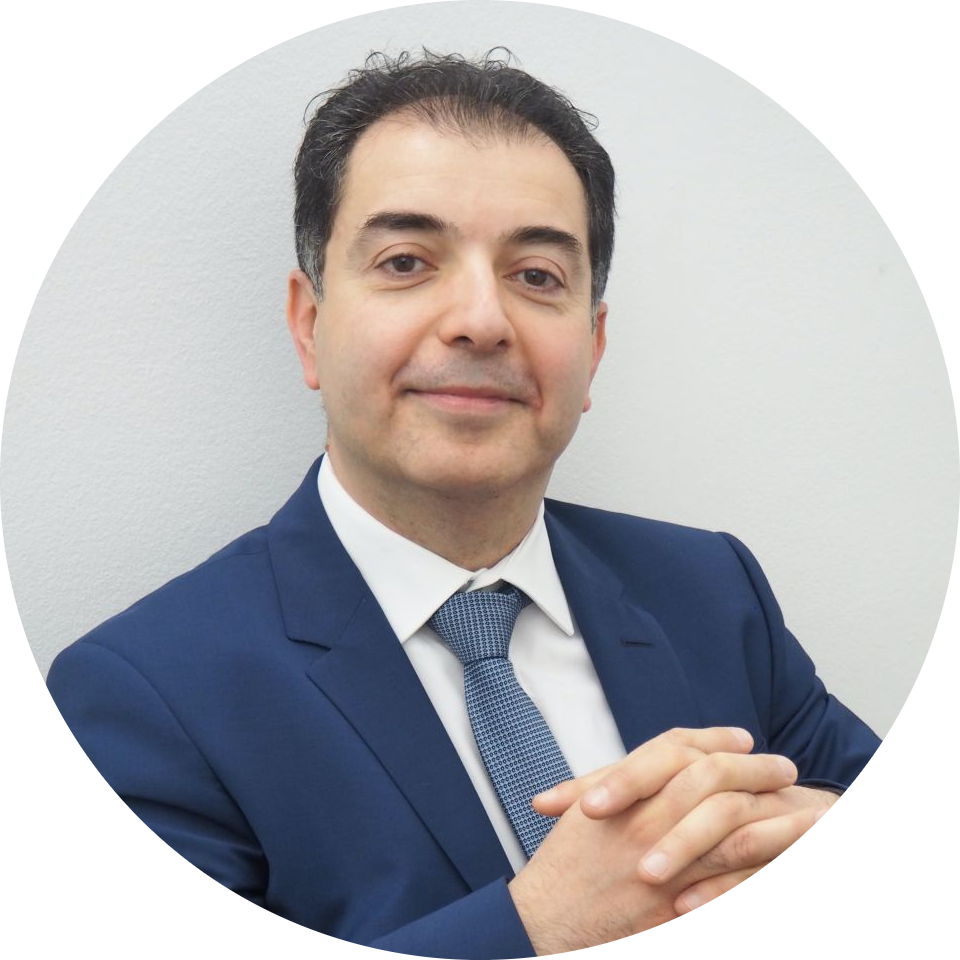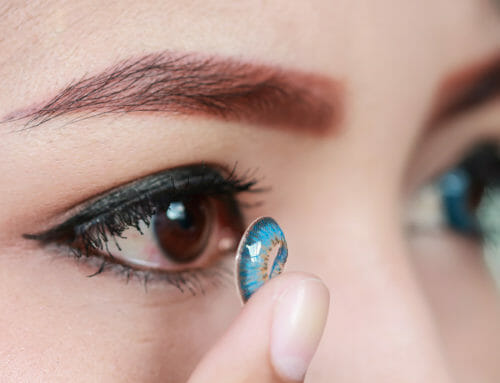
Does High Blood Pressure Affect Your Eyes?
High blood pressure can have several negative effects on one’s health and, when left untreated, it may affect the eyes which can lead to certain eye diseases. Symptoms of hypertension (high blood pressure) can include headaches and vision problems.
Hypertensive retinopathy, optic neuropathy and choroidopathy are eye diseases that are associated with high blood pressure.
Retinopathy
High blood pressure may cause blurred vision, bleeding in the eye and other eye problems by causing damage to the optic nerve and the vessels supplying blood to the retina. This is known as retinopathy, retinopathy means disease of the retina and there are several types of retinopathy, all involving damage of the small retinal blood vessels.
Optic neuropathy
Optic neuropathy is a condition whereby, blocked blood flow causes damage to the optic nerve. In severe cases, this condition may weaken or kill the nerve cells in the eyes. It may also cause bleeding within the eye and eventually sight loss.
Choroidopathy
Choroidopathy is a rare condition caused by inflammation at the back of the eye. In this condition fluid leaks from the blood vessel layer under the retina, this area is called the choroid. The build-up of fluid under the retina may cause blurred or distorted vision and vision loss.
High blood pressure is very common, and it is important to regularly monitor and manage your blood pressure to keep it at a normal level if you are known to have high blood pressure.
An eye care professional can diagnose conditions like retinopathy and check for any damage related to high blood pressure. Eye tests can monitor the condition of your eyes and detect bleeding in the back of the eye, narrowing of blood vessels or swelling of the macula or optic nerve.
Keeping a steady blood pressure is one of the first ways to reduce the risk of conditions like hypertensive retinopathy and optic neuropathy. Making sure to exercise regularly, maintain a healthy weight and diet can all contribute to your general wellbeing and the state of your eyes. An annual dilated eye exam is important especially if you are diabetic, pregnant or have recently noticed changes in your vision.

About the expert
Mr Hamada | Consultant Ophthalmologist and Corneal Surgeon
MD, MSc, DO (hons), FRCSEd, FRCOphth I am Samer, founder and consultant ophthalmic surgeon with over 20 years’ experience in ophthalmology. I am a world-renowned specialist in cornea, cataract and refractive surgery. I’m not only a leading surgeon but also the only dual fellowship trained in corneal diseases in children from reputable institutions in the UK. At Eye Clinic London I work closely with other consultant ophthalmologists, optometrists and orthoptists to achieve the best outcomes for our patients. Our main aim is to make sure our patients get the safest and best treatments available to them. We put your safety before anything else so you can rest assured that if you choose us you will be in the best and safest hands.



